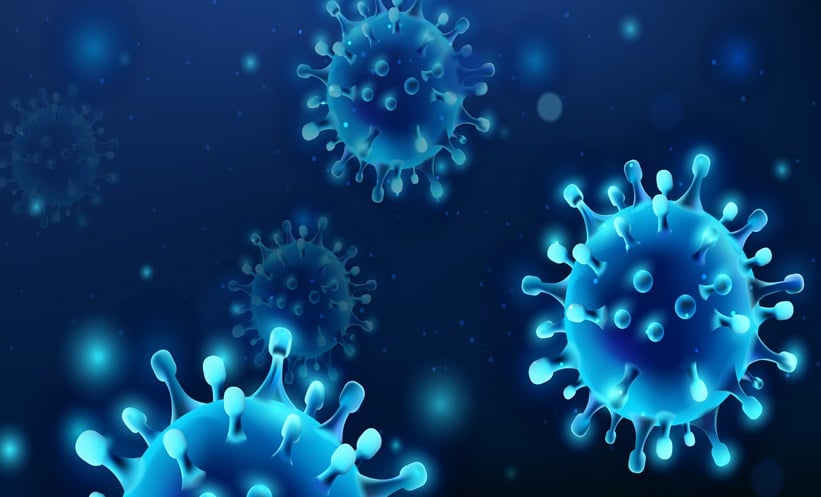THE LONG-TERM effects of COVID-19 on the immune system is an underexplored topic, despite numerous studies having explored the immediate immune responses during acute infection. Currently, emerging research indicates that the disease also leads to long-term effects, known as post-acute sequelae of COVID-19 (PASC) or “long COVID” and symptoms can persist for months after the initial infection.
This study from the Institute of Immunology, Medical University of Vienna, Austria, has investigated the changes in cellular and humoral immune parameters over 10 months following the patient’s first SARS-CoV-2 infection.
The cohort consisted of 106 participants diagnosed with SARS-CoV-2 who were matched with a control group of 98 uninfected individuals. Researchers assessed the participant’s immune status by measuring antibodies against the SARS-CoV-2 spike, receptor binding domain, and nucleocapsid proteins. Additionally, multiplex technology with coated beads was used to analyse serum cytokine levels, such as interleukins, natural killer cells, T cell interferon-γ, and IgE levels.
Ten months after SARS-CoV-2 infections, convalescent patients exhibited reduced counts of granulocytes, monocytes, and lymphocytes, including T, B, and natural killer cells, compared to controls. These cellular changes correlated with a shift from T helper (Th) 1 to Th2-dominated serum cytokine patterns. Elevated levels of CD38 and human leukocyte antigen-DR isotype in these individuals indicated increased CD8+ cytotoxic T cells post-infection. These levels remained high in severe cases even after 10 months, while they normalised in mild-to-moderate cases.
The results showed that SARS-CoV-2 infection results in long-term alterations in both adaptive and innate immunity. These changes, associated with cytokine profiles dominated by Th2 cells, enhance our understanding of the mechanisms contributing to long-term COVID. This knowledge is crucial for developing targeted interventions and improving long-term patient care after a SARS-CoV-2 infection.
Katie Wright, EMJ
Reference
Kratzer B et al. Differential decline of SARS-CoV-2-specific antibody levels, innate and adaptive immune cells, and shift of Th1/inflammatory to Th2 serum cytokine levels long after first COVID-19. Allergy. 2024;DOI:10.1111/all.16210.






